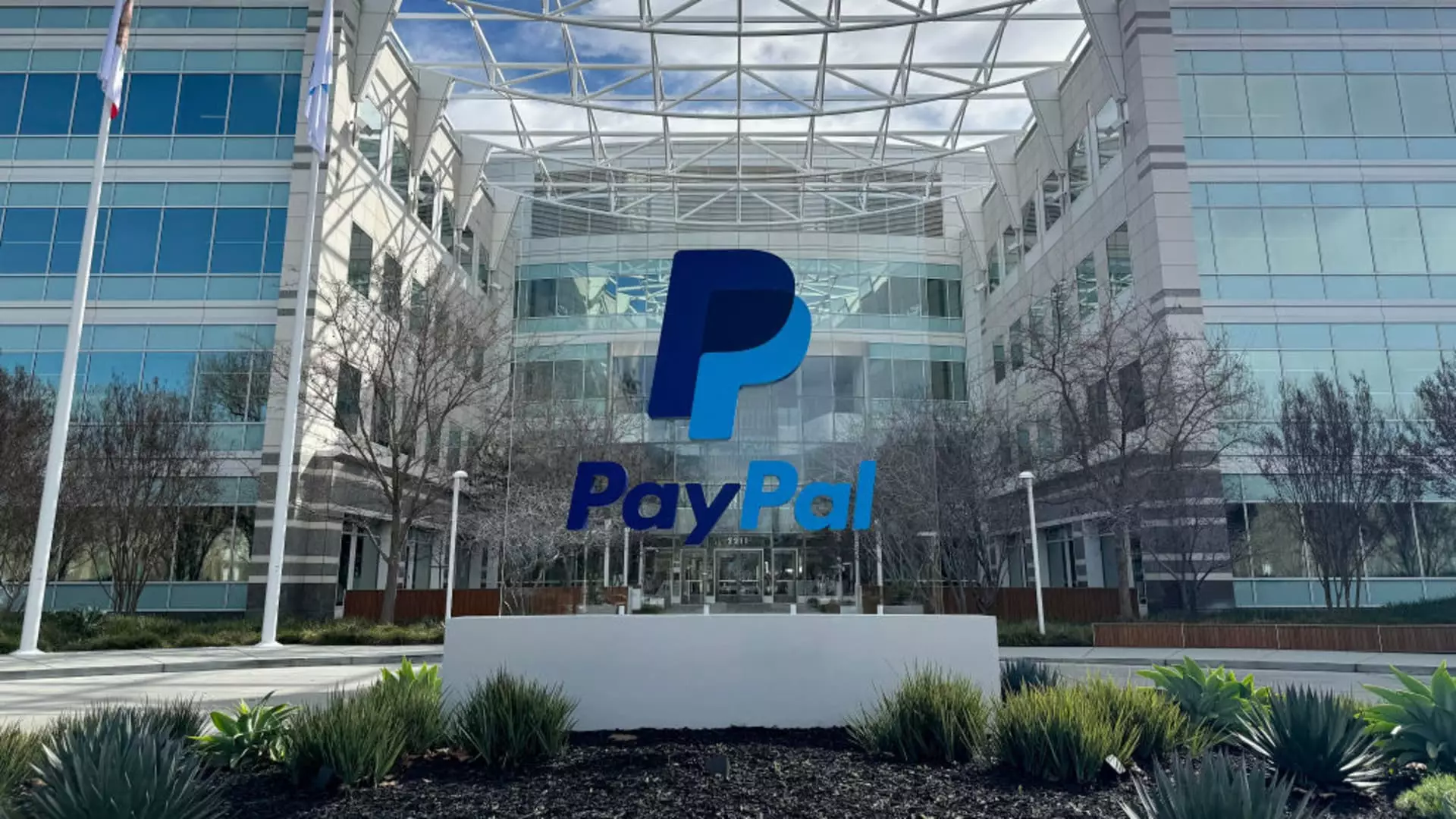PayPal has long been recognized as a pioneer in digital payment solutions, particularly in consumer transactions, but its journey into the world of business payments has faced challenges over the years. Transitioning from a primarily consumer-centric platform to a formidable player in B2B transactions necessitated substantial strategic shifts, especially after a turbulent period marked by multiple leadership changes and a patchwork of services. Frank Keller, the executive vice president for PayPal’s enterprise merchant group, has identified this turning point as critical, especially with the recent launch of PayPal Open, a unified branding effort designed to optimize PayPal’s extensive suite of services.
The existing business framework at PayPal has often been described as fragmented due to the company’s extensive portfolio, which includes Braintree, Zettle, Hyperwallet, and Chargehound. Each of these brands has operated somewhat independently, which, although beneficial in harnessing niche markets, ultimately created confusion for merchants seeking cohesive solutions. Responding to customer feedback, which highlighted the disconnect between PayPal’s vast offerings and user awareness, Keller spearheaded the consolidation strategy that would become PayPal Open.
Understanding PayPal Open: A Unified Approach
The primary vision behind PayPal Open is to dissolve the barriers between individual services and present a singular, robust platform where businesses can seamlessly manage their payment processing needs. Keller draws parallels to the cloud computing giant Amazon Web Services, which successfully transitioned from a retail behemoth to a leader in business solutions. Much like AWS, PayPal aims to position itself as an essential backbone for businesses, facilitating not just transactions but also offering insights and integrations that improve operational efficiency.
With a firm focus on enhancing transaction margins and expanding revenue streams, CEO Alex Chriss is tasked with navigating PayPal through this transition. PayPal’s checkout business, once the crown jewel of the organization, now faces fierce competition from mainstream mobile payment alternatives like Apple Pay and Google Pay. These rivals have begun to resonate with younger demographics who favor quick, accessible payment options over traditional online checkout processes.
PayPal Open promises to equip businesses, developers, and partners with the tools necessary to integrate financial services seamlessly. This includes advanced functionalities such as AI-powered insights, fraud protection, and an impressive capacity to manage global transactions across 140 currencies. These features are crucial in a landscape where businesses increasingly seek comprehensive, technology-driven solutions that ease operational burdens.
Moreover, PayPal Open aims to introduce flexible payment options, including buy now, pay later schemes, which have proven popular among consumers seeking financial flexibility. The idea is to establish a platform where merchants can not only process payments effectively but also leverage insights and services that drive customer engagement and retention.
Interestingly, while the rebranding initiative encompasses a broad array of services, Venmo remains a crucial outlier. The popular person-to-person payment app, favored by younger users, retains its distinct branding due to its cultural impact and pervasive usage. Keller acknowledges Venmo’s significance, highlighting that its identity is closely tied to its user base, which tends to perceive it as a lifestyle brand rather than a mere utility.
As PayPal Open rolls out, the phased transition aims to alleviate disruptions for existing B2B users of brands like Braintree and Hyperwallet. Keller emphasizes that businesses will not face a “rip and replace” scenario, ensuring a smooth integration into the new PayPal ecosystem. However, the pressure mounts for PayPal to demonstrate the tangible benefits of this consolidation amid a rapidly evolving payment landscape.
As competition heats up and consumer preferences shift, PayPal’s commitment to becoming an open platform where businesses can co-create solutions may redefine its role in the fintech arena. The success of PayPal Open, while promising, will ultimately hinge on the company’s ability to articulate its value proposition clearly and effectively reach out to existing and potential users alike.
As PayPal embarks on this ambitious journey to consolidate and innovate its B2B offerings, it highlights the importance of adaptability in one of the most competitive sectors within the technology space. The launch of PayPal Open serves not just as a rebranding exercise; it marks a strategic pivot that could redefine how businesses engage with payment technologies in the future.


Leave a Reply